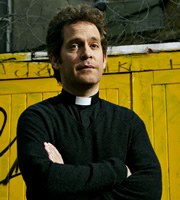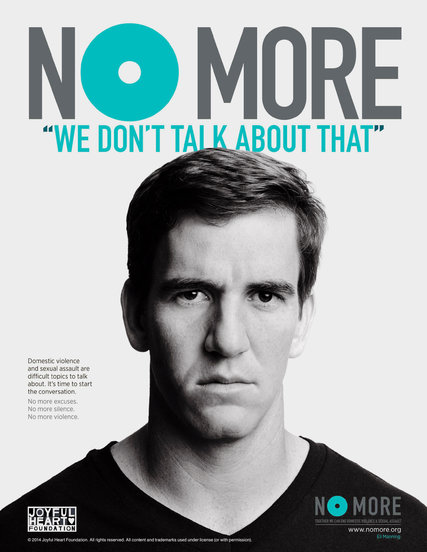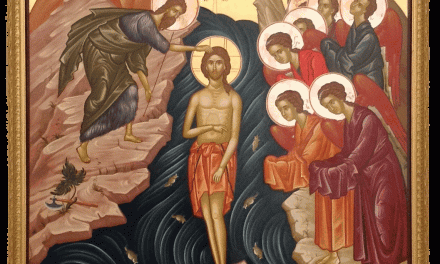 This summer, I discovered Rev, a delightful British comedy about an urban vicar in the Church of England and his daily struggles leading a dwindling congregation. Adam Smallbones, played by Tom Hollander, is far from your stereotypical clergy member. He smokes and drinks, he loses his patience, and even fantasizes about another woman besides his wife. He isn’t always a likable character, but he is a real character, and he is a real believer and we see the tension between the demands of his faith, which he takes seriously, and his own fallenness.
This summer, I discovered Rev, a delightful British comedy about an urban vicar in the Church of England and his daily struggles leading a dwindling congregation. Adam Smallbones, played by Tom Hollander, is far from your stereotypical clergy member. He smokes and drinks, he loses his patience, and even fantasizes about another woman besides his wife. He isn’t always a likable character, but he is a real character, and he is a real believer and we see the tension between the demands of his faith, which he takes seriously, and his own fallenness.
And this is what I like about the show. It is a show that is ultimately agnostic about God’s existence, but it is favorable towards belief, real belief, and not just “pie in the sky” belief. Adam is regularly shown praying, a sort of extended monologue (God never answers) of not only petitions, but fervent searching for God’s will. In a recent episode I watched, Adam turns to God for the reasons behind his sudden onslaught of nightmares. “Why are you sending me all these nightmares, God? Is it because you think I will be a bad father?” What we see is Adam looking to God not so much as the “cosmic Coke machine” that spits out the answer to prayers in response to the correct petition, but rather as a subject with which one enters into relationship with.
The show also has delightful catechetical moments. In the same episode, Adam is discussing the existence of ghosts with his hapless parishioner Colin. Adam explains that he has never seen a ghost and so he doesn’t believe in them. “How can you not believe in ghosts,” Colin asks. “You believe in God, don’t you. And you’ve never seen Him.” “I see God everyday,” Adam responds. “I see him in this butterfly. I see him in the crisp wrapper . . . Well, maybe not the crisp wrapper. And anyways, when I say I believe in God, what I mean is that I trust in God. I don’t trust in ghosts.” What a beautiful explanation of faith, and a theologically sound one at that! Faith as trust. In another episode, he successfully critiques Richard Dawkins in a way that is thoughtful, intelligent, and calm. “Professor Dawkins only believes in things if they are scientifically proven, But there’s so much about God’s world that we don’t understand. Why is a snail’s shell a perfect mathematical spiral? It doesn’t need to be . . .”
The show also moves us beyond the sort of big-issue quandaries that seem to plague Christendom these days, and gives us a glimpse of what a more genuine Christian life looks like. Adam spends no time engaged in culture wars. Instead, we see him humbly and quietly performing the corporeal works of mercy–visiting the aged member of the congregation who is still getting used to living in a nursing home, performing last rites, reaching out the parishioners who might otherwise be alienated. His relationship with Colin, the heavy-drinking, ecstasy-using lost soul who happens to be one of the most devoted parishioners, is strangely beautiful. Every episode features Adam sharing a cigarette with Colin and having a real conversation with him in a way that humanizes the bizarre character and reflects Christ’s own meals with sinners.
Ultimately, this is a show that is good for the church. It makes faith real and very human and in doing so, avoids the two extremes of showing religious people as either “holier than thou” sorts that nobody wants to be around, or making religious people seem so ludicrous that they become only caricatures of real life people of faith. The show also challenges the prevailing trend in Christianity towards a prosperity gospel that promises worldly results of faith. Adam Smallbones is rarely rewarded for his devotion (often quite the opposite), but his faith remains. And yet, what Adam has is strangely, indescribably appealing. His sense of vocation, his commitment to the “least of these,” his hope even when optimism is quite frankly impossible give us a real glimpse into what Christianity is really about, and what about Christianity is really compelling.




